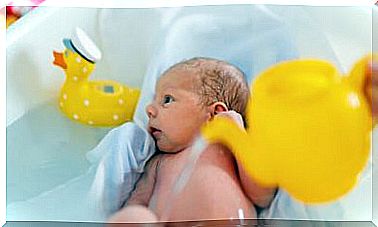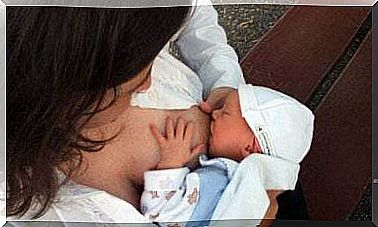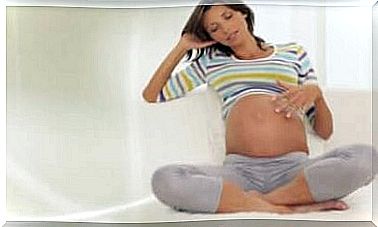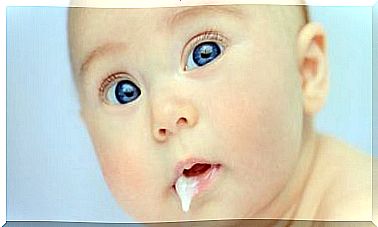How To Avoid Water Retention In Pregnancy
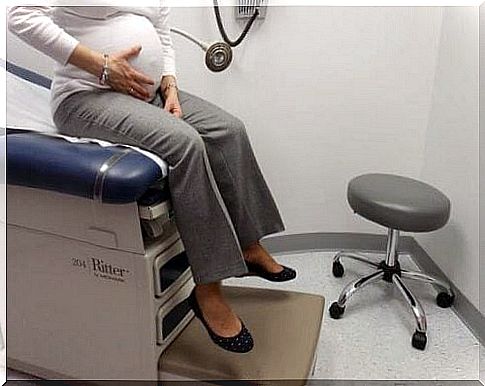
In this article we will explain how to avoid water retention in pregnancy and how to fight this problem.
When you are pregnant, there are many changes that take place in a woman’s body: the belly grows, the pelvis widens. Especially in the third trimester, it is possible to suffer from swelling in some parts of the body, which can be quite annoying.
The water retention during pregnancy is a phenomenon also known as edema.
An edema is nothing more than an accumulation of fluid in the tissues and, in general, it manifests itself with a swelling of the feet and ankles. In addition, it can give a feeling of heaviness, fatigue and persistent tiredness, which affects more than a pregnant woman.
The effects of water retention are felt especially in the evening.
These symptoms occur more frequently from the fifth or sixth month of pregnancy and are often accentuated in the days following childbirth, due to the fact that a large part of the weight that women gain at the end of pregnancy is due to fluids. .
Water retention during pregnancy is considered by specialists to be a normal manifestation of this phase and is not a cause for alarm, although it is always important to keep it under control.
Swelling of the legs and ankles tends to disappear when you rest properly, but in some cases it can also affect the face and hands.
You should pay special attention to your body and consult your gynecologist immediately if you notice any abnormal swelling. In fact, this can be one of the symptoms of preeclampsia, one of the most frequent diseases in pregnancy.
The causes of water retention during pregnancy
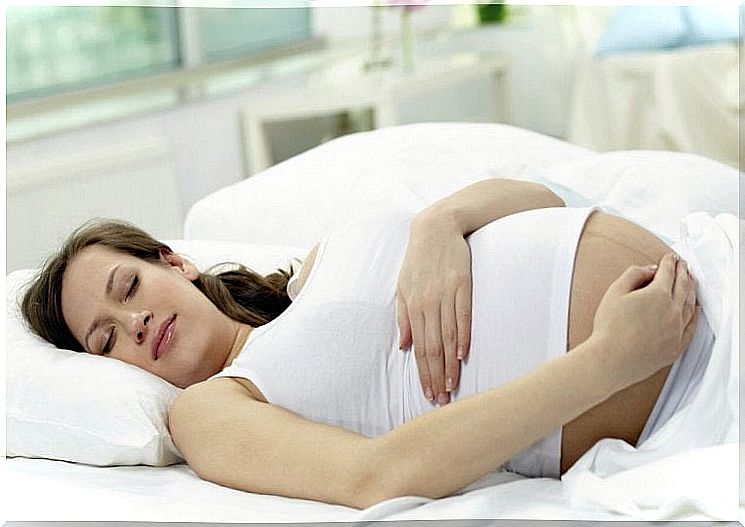
The causes of fluid retention during pregnancy can vary in every woman.
The important thing is to get informed and know what are the most common causes, to address them and counter their effects.
Below we describe some of the main causes of water retention:
- Hormonal changes. During pregnancy, the hormonal imbalance that occurs in the body facilitates water retention. In fact, the increased levels of progesterone in the blood cause the blood vessels to pour more fluid into the surrounding tissues.
- Environmental conditions. Excessive heat or humidity can contribute to increased water retention in the body, especially if you are pregnant.
- Physical activity. Standing for many hours or sitting in the office or traveling for a long time can cause water retention.
- Consumption of salt and sodium. Consuming very salty or high sodium foods is another possible cause for increased fluid retention and subsequent swelling of the lower extremities.
- Inappropriate clothes or shoes. Using clothes that are too tight, as well as shoes with very high heels, generate fatigue and pressure in the legs and feet, which can swell.
- Medicines. Some medications for hypertension and some antidepressants can foment the appearance of annoying edema.
- Physiological factors. If you suffer from certain kidney or heart conditions, you may notice more marked water retention more often.
In these cases, it is especially important to inform your doctor of the appearance of this symptom.
How to avoid water retention

- Get moderate exercise. A short daily walk or swimming are exercises that greatly aid circulation.
- Check your weight. Avoid being overweight by maintaining a healthy and balanced diet. Eliminate salty snacks and overly processed foods from your diet.
- Eat foods rich in potassium and low in salt. Products such as bananas, spinach, pineapple and courgette help eliminate body fluids through urine. Legumes and vegetables must never be missing in a pregnant woman’s diet.
- Wear proper clothes and shoes. It is best to use comfortable, non-tight clothes and shoes.
- Drink lots of water. Drinking the amount of water your doctor recommends is one of the best things you can do to get rid of toxins. Staying hydrated is essential during pregnancy.
- Massages. Ask your partner to give you a massage in the areas where you notice the most swelling. Apply a cold cream or gel with light movements. It will relieve the legs, ankles and feet, helping to expel excess fluid.
- Raise your legs. Lie in bed with your legs raised and lean against the wall. It is one of the solutions to reduce the nuisance of edema. The ideal is to hold this position for 15 to 20 minutes.
Follow these tips and you will say goodbye to the annoying water retention that causes you to swell.


